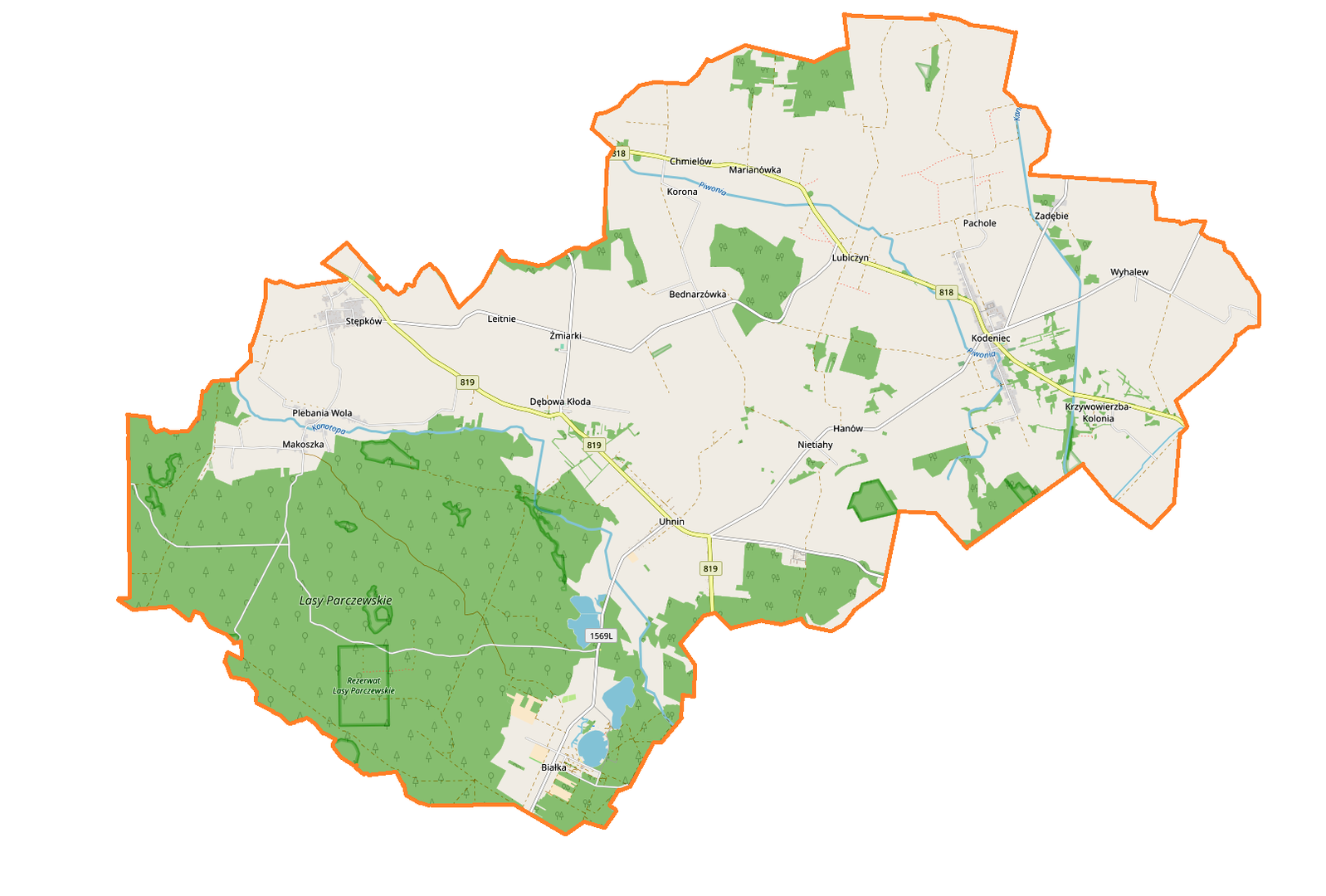Oak Log
6.11

Overview
The municipality of Dębowa Kłoda, located in the Lublin Voivodeship within the Parczew County, boasts exceptionally rich natural and cultural assets. The administrative seat of the municipality is the town of Dębowa Kłoda, and as of June 30, 2004, the municipality was inhabited by 3,974 residents. It spans an area of 188.29 km², with 60% of the land dedicated to agricultural use and 30% covered by forests, making it an area with significant agricultural and forestry potential. Dębowa Kłoda is situated in a historical region that, from 1975 to 1998, belonged to the Biała Podlaska Voivodeship. Nature conservation in the municipality is centered around two reserves: Królowa Droga, which protects ancient oak stands, and Lasy Parczewskie, featuring fragments of natural pine-oak forest known for historical partisan battles during World War II. Demographic changes in the municipality, particularly shifts in age structure, impact the development of local communities. The municipality consists of several village administrations (sołectwas), such as Bednarzówka, Białka, and Uhnin, as well as settlements without this status, like Smolarz. Neighboring municipalities, including Jabłoń, Parczew, and Sosnowica, create an environment conducive to cultural and social exchange. Dębowa Kłoda is a place where culture, nature, and history coexist, making it an intriguing area for exploring local traditions and natural treasures.
Location
You can also find here:
2026 Wizytor | All Rights Reserved
